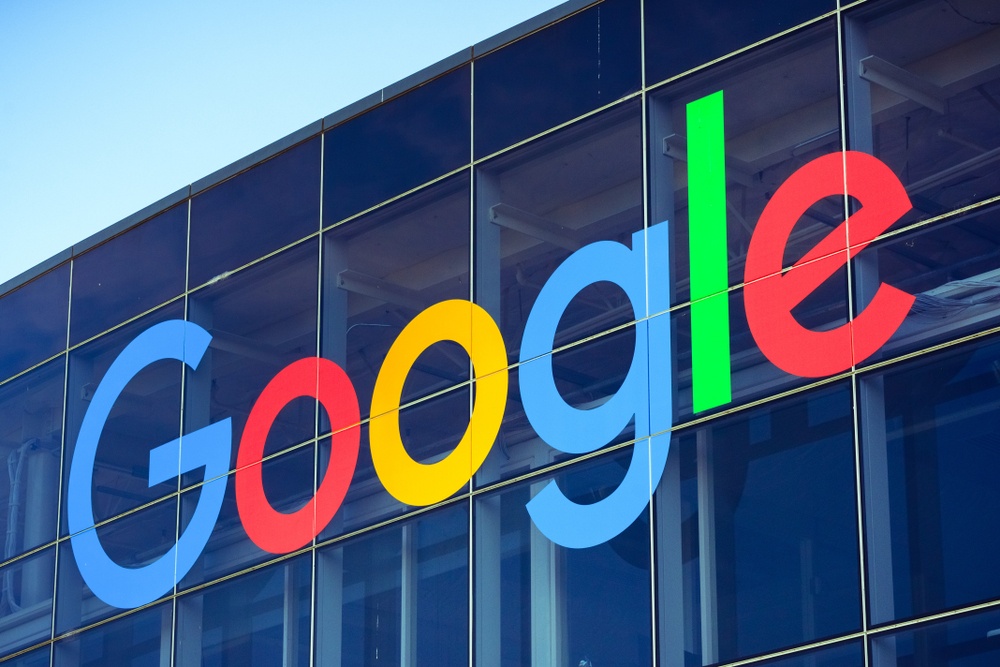What’s Next For Google After DOJ Antitrust Win?
The Justice Department may require Google to make structural changes, such as forcing a divestiture of its Android system, to radically undermine its market dominance.

The U.S. Department of Justice has successfully proved that Google has a monopoly in the search engine market after a four-year trial, a ruling that could prompt the government to take tougher antitrust measures. The DOJ may require Google to make structural changes, such as forcing the divestiture of its Android system, in order to fundamentally undermine its market dominance.
Android has played a key role in solidifying Google's search engine market position. As an open-source platform, Android initially allowed handset makers the freedom to develop applications and customize the user interface.
However, as Google's control over Android gradually increased, handset makers were required to download a range of Google's applications, such as Google Search, Chrome, Gmail and YouTube, before they could use the Google Play store on their devices. While these apps were not mandatory to install, they locked users into Google's ecosystem, limiting manufacturers' incentives to develop their own apps and leading most handset makers to gradually abandon the development of their own apps.
Since Android helps Google illegally maintain its monopoly in the market, the court believes that measures to simply change its business practices or cooperate with other companies may not be sufficient to solve the problem. As a result, experts believe that the DOJ may require Google to divest Android to ensure fair competition in the market.
Competitors such as Yelp and DuckDuckGo have also called for strong court remedies.
DuckDuckGo suggested bringing in technical experts to monitor Google's behavior to prevent it from circumventing the rules, while Yelp's CEO suggested that the court require Google to spin off businesses that unfairly benefit from the search monopoly and prohibit Google from using exclusive default search protocols while restricting Google's self-preferred behavior in search results.
In addition, other industry insiders have suggested spinning off Google's Chrome and Android businesses to prevent it from further consolidating its search market position through data dominance.
Google CEO Sundar Pichai announced plans to integrate the Android, Chrome and Pixel divisions in April this year, aiming to accelerate the development of artificial intelligence. However, the DOJ victory could pose a challenge to this strategy and hinder Google's further efforts in AI innovation.
Disclaimer: The views in this article are from the original Creator and do not represent the views or position of Hawk Insight. The content of the article is for reference, communication and learning only, and does not constitute investment advice. If it involves copyright issues, please contact us for deletion.